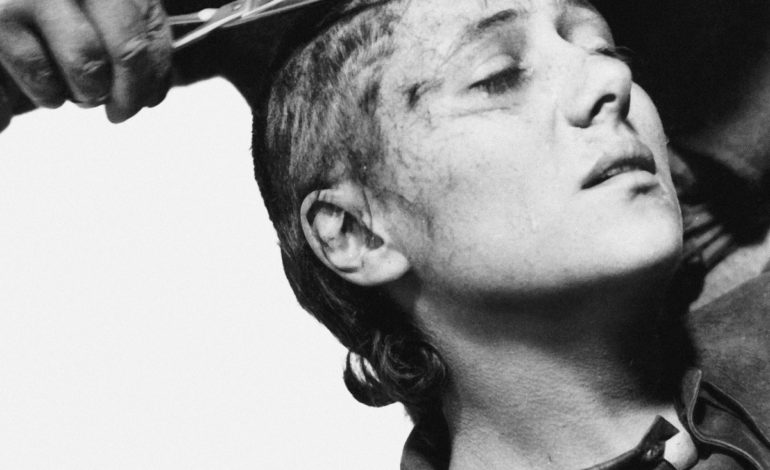

Continuing down the road of retro pop
Ulver has gone through so many evolutions that it hardly seems worth it to relitigate what genre they were at what point. Lately, the group has found something of a niche within the realm of dark synthpop, and their latest record, Flowers of Evil, sees the band grasping for a natural conclusion to this exploration that seamlessly blends with the group’s long past black metal days.
On the surface, synth and metal don’t have many overlapping similarities. However, even just a held glance will reveal that the two genres have far more in common than one might suspect. Both genres utilize darkness and an oppressive atmosphere as a way to communicate the ills of the world, though the ways they are used differ greatly. Viewed through this perspective, the transition from black metal, a genre reliant upon texture and atmosphere, to synth music reveals itself to be a far straighter line than one might expect.
After a few years of tackling the beast of ‘80s style synth music, it seems like Ulver has finally landed on a sound that perfectly encapsulates the ails of the current decade and runs them through a 1980s themed emotional filter. Tracks like “Russian Doll” evoke a dreary Cold War feeling. The track, and much of the album, is incredibly sparse, though it occasionally breaks form to deliver a lighthearted moment before plunging back into the dour whine of low synth notes.
Some tracks do take a more aggressive approach than others. “Hour of the Wolf” uses synth patterns and notes that are reminiscent of metal riffs and drum patterns. These slowed electronic instruments help reinforce the suffocating fog that Ulver has worked to create on Flowers of Evil. If atmosphere is what people have been looking forward for, then “Little Boy” has them covered. The track is almost overwhelming in its energy when compared to many other tracks on the record, and lyrics about “killing fields” and “fearful symmetry” help turn the track towards the contemplative and deeply unsettling.
Though pervasive, dark synths are the sound of the record, there are also moments of levity that pierce through the darkness like a ray of light through storm clouds. Both “Machine Guns and Peacock Feathers” and “Apocalypse 1993” utilize bouncier synth sounds and engaging vocal techniques to bring in a not insignificant bit of pop. “Machine Guns and Peacock Feathers” in particular is surprisingly catchy, and the thought-provoking hook of “carry the milk or pierce the body with swords, machine guns, flowers and peacock feathers” is apt to stick in the head of any listener.
Ulver has never been one to leave big themes alone, and Flowers of Evil sees them continue down this path. The album isn’t afraid to engage with big ideas like war, politics and democracy, although it is all couched in enough metaphor and abstraction that anyone could approach it and feel like it is taking their side. This does come as a let down given that now more than ever requires a strong stance, but most artists didn’t have the luxury of making changes during COVID-19, so perhaps that too affected this record.
Ulver has again defied expectations with this record. This is by far the most successful their pop sound has ever been; this project would’ve fit in wonderfully with groups like Depeche Mode and The Cure. If the ‘80s have been on one’s mind lately, know that Ulver has been listening, and is ready to serenade people to sleep with one of their most complete albums to date.
